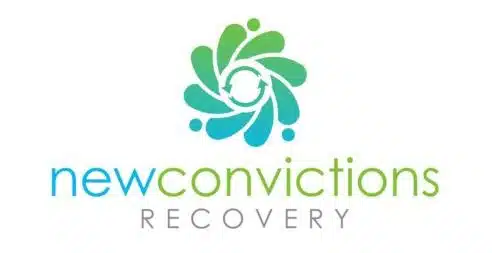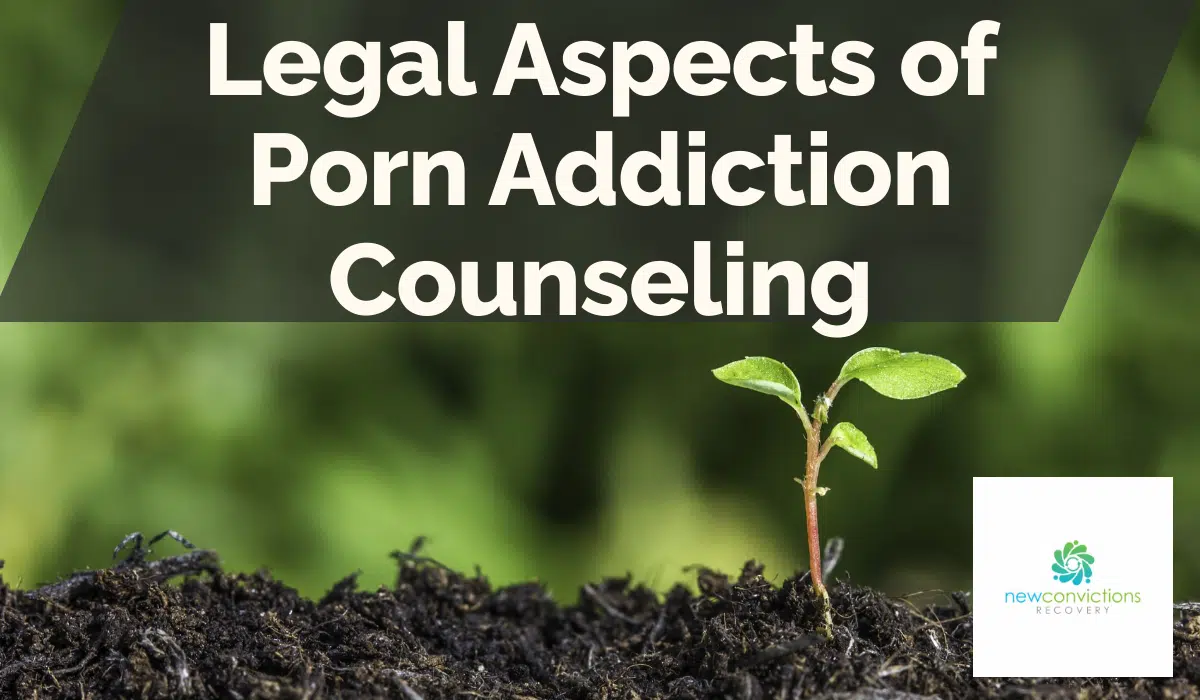Individual counseling and family therapy both hold significant importance in treating porn addiction. These avenues are used to help individuals understand the impetus behind the addiction and develop healthier patterns. However, there are several legal and ethical aspects surrounding this treatment that therapists, counselors, and the clients themselves should be aware of.
Confidentiality in Therapy Sessions
One of the fundamental principles of counseling and therapy is confidentiality. Legally, therapists are required to maintain the confidentiality of their clients, secure documentation, and only in exceptional cases such as suicidal/homicidal ideations, suspected child abuse/neglect, or a signed court order from a judge, is this confidentiality overridden.
Breaching confidentiality could lead to lawsuits as well as ethical and professional sanctions.
The Need for Informed Consent
Informed consent is a legal and ethical prerequisite before starting any therapy, be it individual or family-oriented. The patient has the right to comprehend what will transpire in the therapy sessions, the advantages and drawbacks, and potential alternatives. Failure to obtain informed consent may result in legal implications.
Dual Relationships and Boundaries
Therapists should avoid dual relationships where they share a different relationship with their client apart from the professional one. A breach in this aspect may cause harm to the client and it defies ethics, also bearing legal consequences.
Evidence-Based Practices
Therapists should employ interventions that are supported by empirical evidence and widely accepted throughout the professional community. Relying on non-proven, experimental treatment options may have legal implications if the client’s condition deteriorates as a result.
Competence and Qualifications
Another legal aspect to consider is the therapist’s competence. They should possess the necessary qualifications to provide therapy for porn addiction and show sensitivity to the culture, beliefs, and values of the clients. If a therapist practices beyond their scope of competency or qualifications, they may face legal repercussions.
The Use of Online Platforms in Counseling
With advancements in technology, online platforms are being increasingly used for counseling purposes. But this thrusts the legal issue of privacy, confidentiality, and data security to the forefront. Therapists and agencies need to be compliant with local and national data protection laws.
FAQs about Legal Aspects in Porn Addiction Counseling
- What is the role of informed consent in therapy?Informed consent ensures that the client understands and agrees to the terms and conditions of the therapy, which includes a full disclosure of the benefits, risks, alternative treatments, and fees involved.
- Can a therapist break confidentiality?Confidentiality is crucial in therapy, but therapists may break it under circumstances like if the client poses a serious harm to themselves or others, or as required by law in cases of child or elder abuse or neglect.
Conclusion
Understanding the legal aspects of porn addiction counseling is essential for both clients and service providers. It helps uphold the integrity of the profession and protects the rights of the clients. Coupled with ethical considerations, these principles ensure that the support provided is competent, respectful, and fundamentally aimed at the client’s wellbeing.

